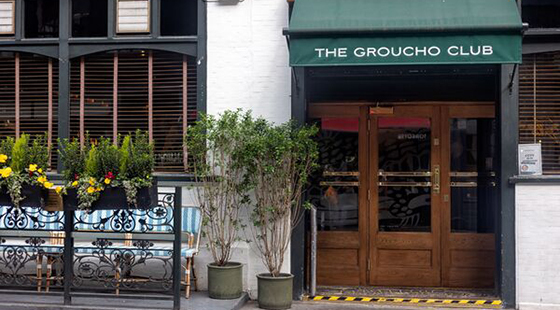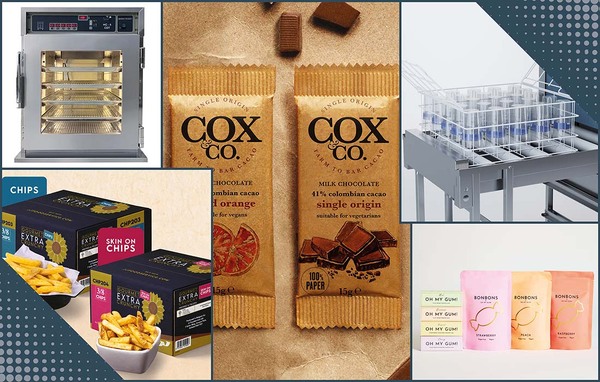Hospitality warned of further price rises amid cooking oil shortage
Hospitality operators could see further cost increases “on food bills right across the menu” as the shortage of cooking oils is aggravated by the war in Ukraine.
Ukraine supplied 52% of the world’s sunflower oil in 2020, making it the largest exporter of the product, according to the Observatory of Economic Complexity.
Supermarkets Waitrose and Morrisons have limited purchases of bottles of oil to two per customer while Tesco is allowing shoppers to only purchase three bottles at a time.
The limited supply of sunflower oil is expected to have a knock-on effect on restaurants and pubs serving anything ranging from crisps to fish and chips.
Rachel Dobson, managing director of hospitality buying specialist Lynx Purchasing, said: “Ukraine supplies up to 60% of the world’s sunflower oil, and the loss of this will inevitably lead to cost increases. The longer the terrible situation continues, the more disruption there will be to supplies.
“Even before the invasion, cooking oil prices on the global commodities markets were already reported to have reached an all-time high, mainly due to global weather challenges, including drought in South America.
“With vegetable oils used in the production of a very wide range of staple foods, operators can expect to continue to see the impact on food bills right across the menu in the months ahead.”
Shaun Allen, chief executive of Prestige Purchasing, told The Caterer that the price of oils and fats had risen 57% year-on-year and commodity prices for oils had increased by over a third in the last six months.
He said: “2021 was already a high year for oils from a pricing perspective but the invasion of Ukraine has really stepped that up to another level.”
Allen warned that the worst of the price rise was not over yet, as plantation levels are unlikely to match those of previous years due to the fighting. He added: “This isn’t necessarily going to be a short-term issue. It’s definitely got potential to go way into next year as well as the remainder of this year.”
Allen said that hospitality operators could take steps to soften the blow. He said: “One is looking at buying strategies, so taking positions to contract oil to give some protection, and the other would be to look at possible substitutions of using alternative oils that may be slightly lower cost. For example, people move from sunflower oil to rapeseed oil.”
Tom Holder, BRC spokesperson, said: “Retailers are also working with suppliers to ramp up production of alternative cooking oils, to minimise the impact on consumers.”
Jim Gouldie, supply chain and technical services director at Bidfood, added: “At the moment we are seeing some sporadic availability challenges on in-bound supply of sunflower oil and related products like sunflower spreads, and are watching the situation closely.
“However, the majority of our customers use rapeseed as their main cooking oil, rather than sunflower oil, and although prices have been impacted , we are experiencing stable supply of rapeseed oil at present.”
Image: Ben Bryant / Shutterstock




















